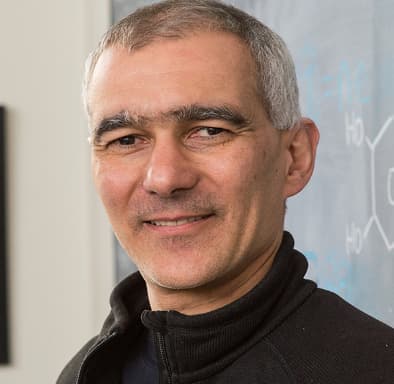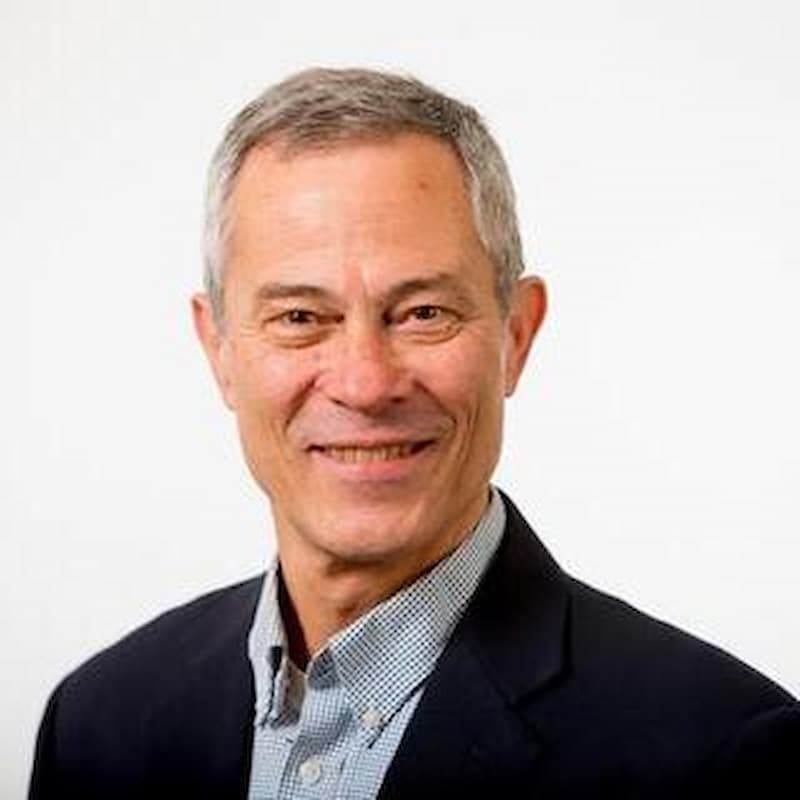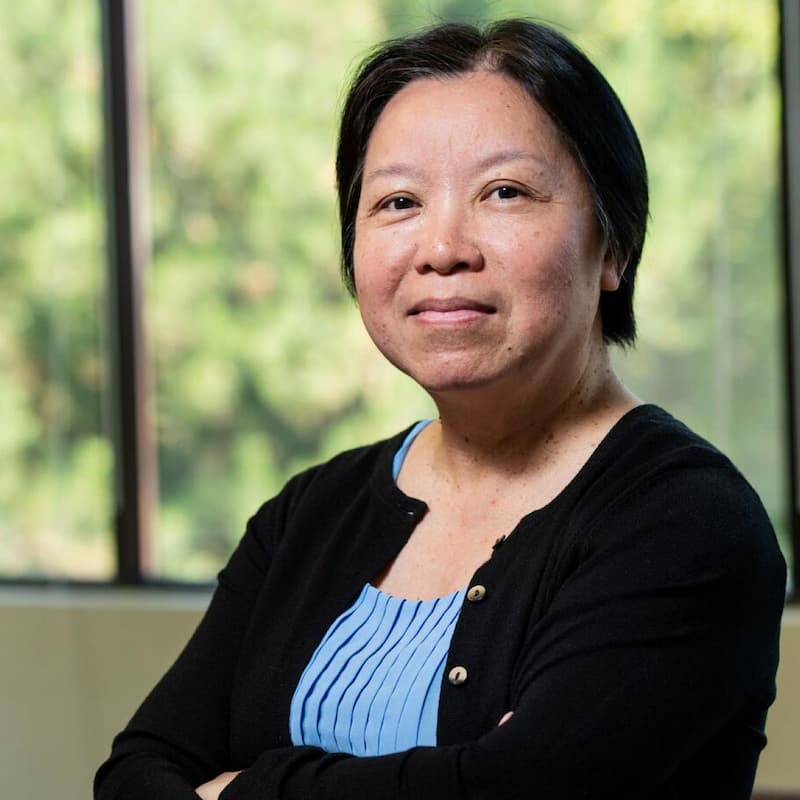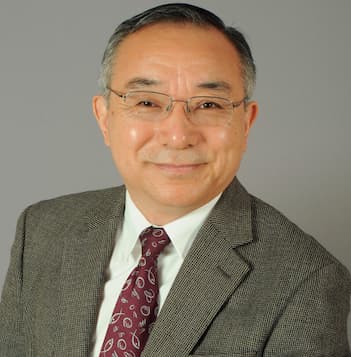Distinguished Lecture Series
The Schiller Institute Distinguished Lecture Series brings together experts from diverse fields to share their insights with a wider interdisciplinary audience. These lectures aim to foster cross-disciplinary dialogue, encourage innovative thinking, and promote the dissemination of knowledge beyond traditional academic boundaries. The series inspires collaboration and provides valuable perspectives on critical issues at the intersection of energy, health, and the environment.
Upcoming Lectures
Check back soon for our Distinguished Lecture Series! Future lectures are in the works—stay tuned for updates.
My Life in Science: Why quantum mechanics is fascinating and how it is changing our world
Moungi Bawendi | February 19th, 2025

Dr. Moungi Bawendi is a 2023 Nobel Prize winner in Chemistry and Lester Wolfe Professor at MIT. Bawendi is renowned for his pioneering work in nanoscience, particularly in quantum dots – one of the first engineered nano-materials – which have become ubiquitous in displays and other applications. Their properties intrinsically reflect the magic of quantum mechanics. Bawendi will discuss their origin story, development, and applications during a span of almost 4 decades, as well as his own journey of scientific exploration. This story reflects the importance of curiosity driven science to propel innovation and technological progress.
Climate models: whence they came, where they're going, and why we should trust them
V Balaji | January 28th, 2025

V Balaji is a Schmidt Sciences Distinguished Fellow and climate modeling pioneer. His presentation provided an introduction to climate models, their history and evolution, and their central role today in climate research and climate policy. We rely on them to design pathways to a carbon-neutral future. From the early days, the models have added a dizzying amount of detail and remain our one method of getting data from the future of our planet and from counterfactual planets. However, the evolution of computing technology is bringing forth new methods borrowed from machine learning and artificial intelligence, which pose fundamental questions about the next generation of models. But if successful, the new approaches promise the possibility of placing these tools in the hands of those who most need them.
Risks of Destabilization of the Carbon Cycle
Philippe Ciais | December 5th, 2024

Dr. Philippe Ciais, a senior researcher at Laboratoire des Sciences du Climat et de l’Environnement in Saclay, France, is a globally recognized expert in climate science with over 1,200 peer-reviewed publications cited 200,000 times. Ranked among the top 1% most-cited scientists in Geosciences and Ecology and one of the top-5 most influential authors in climate change, Dr. Ciais has focused on terrestrial greenhouse gas fluxes for over two decades. He co-chaired the Global Carbon Project, coordinating 80 research institutions to study carbon cycle trends, and served as Convening Lead Author for the IPCC’s 5th Assessment Report. An elected member of the French and Chinese Academies of Sciences, Dr. Ciais now leads a groundbreaking project assessing the destabilization of the natural carbon cycle due to climate change. This work analyzes carbon loss from plants, soils, and oceans using advanced observations, theoretical models, machine learning, and Earth System Models, while exploring how extreme events may trigger disruptions in biological carbon reservoirs.
Water Oxidation Catalysis for Artificial Photosynthesis
Gary Brudvig | September 18th, 2023

Dr. Gary Brudvig is a professor of Molecular Biophysics and Biochemistry at Yale University and Director of the Yale Energy Sciences Institute. Devising cost-effective methods for efficiently capturing and storing solar energy is among the grand challenges of science. We are using insights from studies of natural photosynthetic systems to develop bioinspired materials for photoelectrochemical water oxidation and solar fuel production by using molecular catalysts and dyes attached to mesoporous metal oxide photoanodes. Molecular catalysts are known for their high activity and tunability, but their solubility and limited stability often restrict their use in practical applications. We are developing anchoring chemistry to attach molecular water-oxidation catalysts to metal oxide surfaces, which not only greatly increases the stability of the molecular catalyst but also improves the catalytic performance of the oxide material. Our progress on the development and characterization of molecular iridium, copper and manganese water-oxidation catalysts, along with their application for photoelectrochemical water oxidation and solar fuel production, will be discussed.
Earth System Modeling for Actionable Science
Ruby Leung | March 7th, 2023

Dr. L. Ruby Leung is a Battelle Fellow at Pacific Northwest National Laboratory. Her research broadly cuts across multiple areas in modeling and analysis of climate and the hydrological cycle. Dr. Leung is the Chief Scientist of Energy Exascale Earth System Model(E3SM), supported by the U.S. Department of Energy, a major effort to develop state-of-the-art capabilities for modeling human-Earth system processes on DOE's next-generation high-performance computers. She is an elected member of the National Academy of Engineering and the Washington State Academy of Sciences. She is a fellow of the American Meteorological Society (AMS), the American Association for the Advancement of Science (AAAS), and the American Geophysical Union (AGU). She is the recipient of the AGUGlobal Environmental Change Bert Bolin Award and Lecture in 2019 and the AGU Atmospheric Science Jacob Bjerknes Lecture in 2020. Dr. Leung has published over 350 papers in peer-reviewed journals.
Quantifying Global Warming Sensitivityand El Niño-Southern Oscillation Instability
Fei-Fei Jin | March 30th, 2023

Dr. Fei-Fei Jin is a professor in the Department of Atmospheric Sciences, School of Ocean and Earth Sciences and Technology at the University of Hawaii, Manoa. His research interests cover a broad range of topics on large-scale atmosphere and ocean circulations and variability, focusing on theories and dynamics of El Niño-Southern Oscillation and tropical and extratropical climate variability. Dr. Jin’s research has resulted in over 200 peer-reviewed publications with a H-index of 81, and he is the Web of Science Highly Cited Researcher (2020, 2021, 2022). Dr. Jin has received a number of prestigious honors and awards, including his elections as a fellow of the American Geophysics Union (AGU), a fellow of the American Meteorological Society (AMS), and a recipient of the AMS Sverdrup Gold Medal for seminal and lasting contributions to understanding ocean-atmosphere interactions in the tropics and mid-latitudes.

